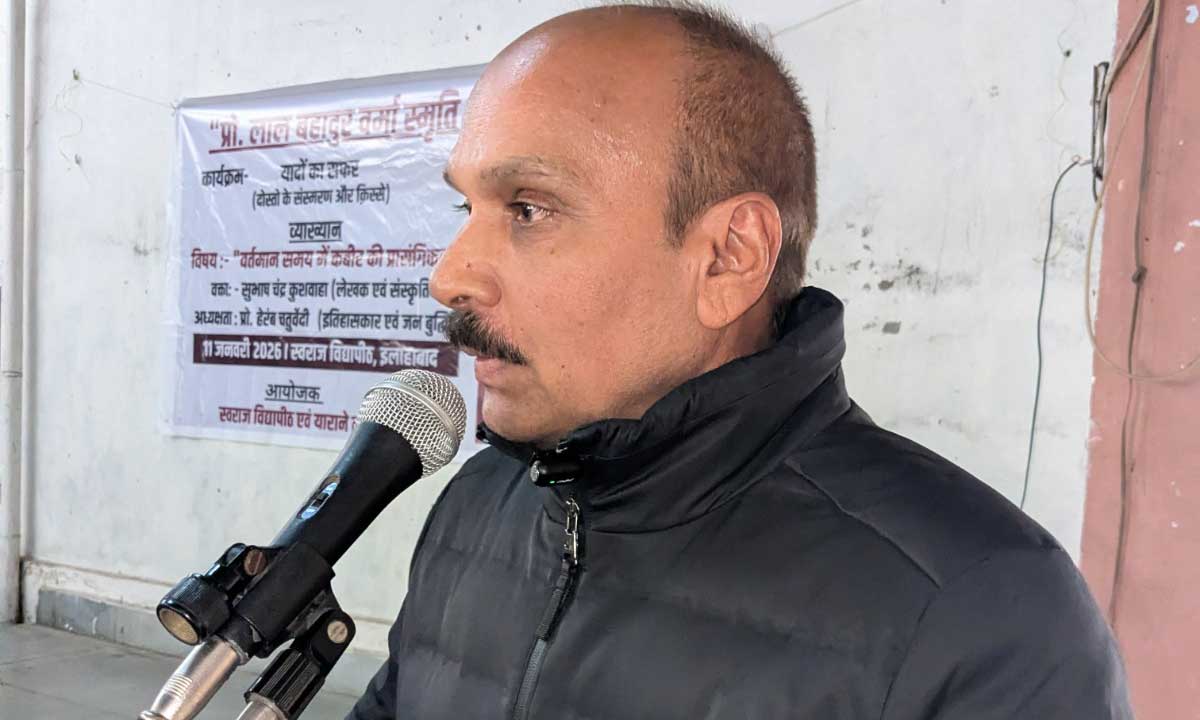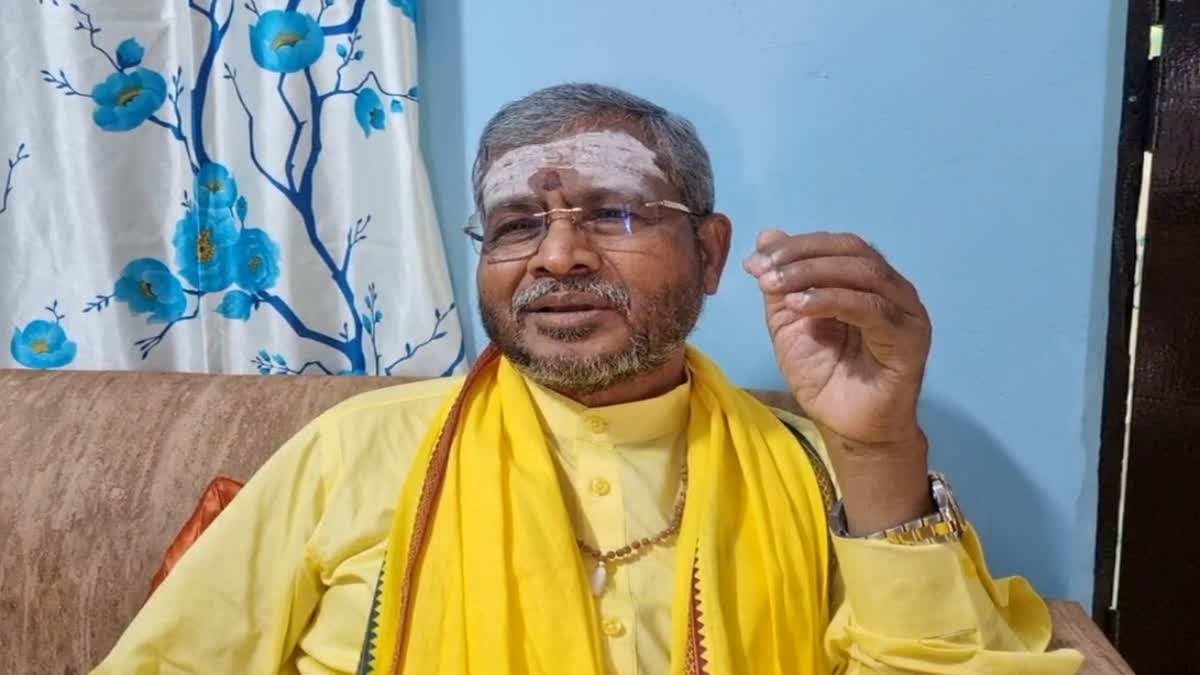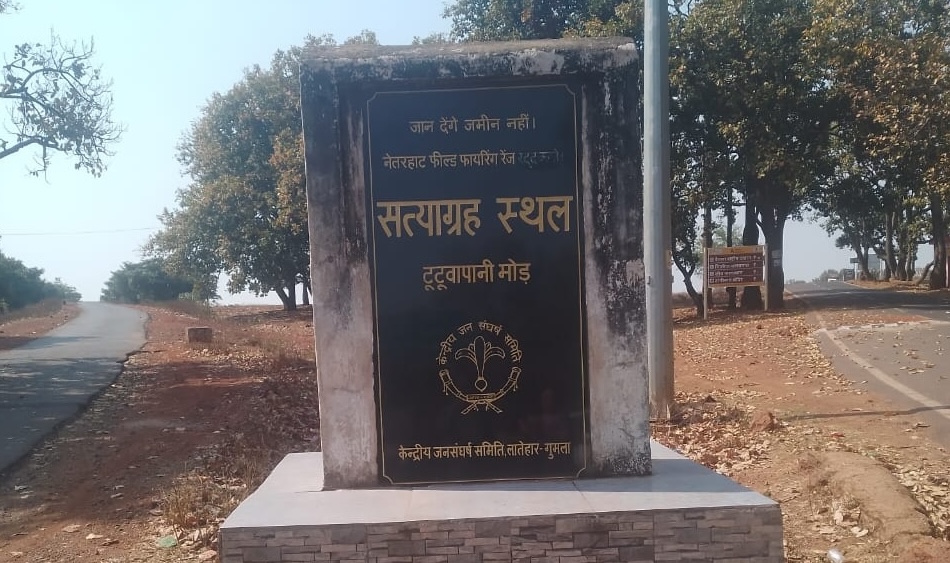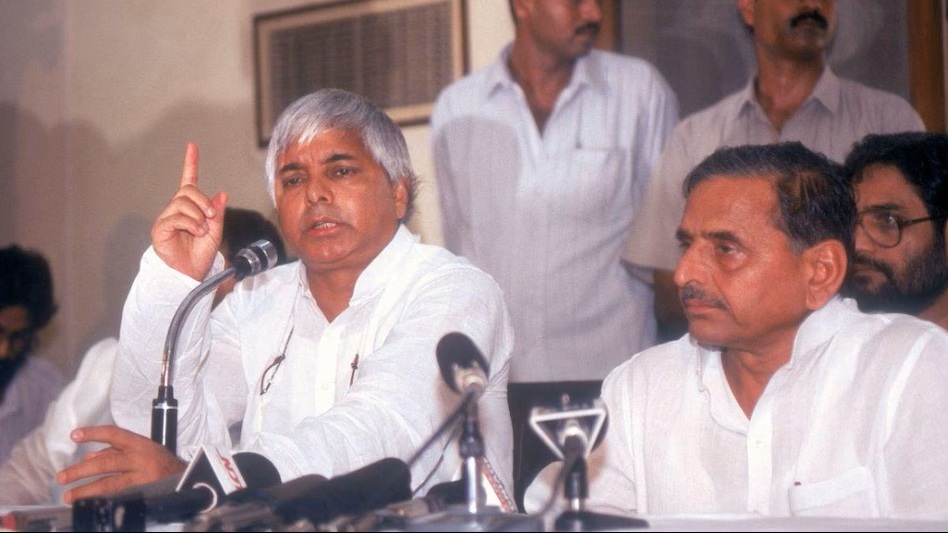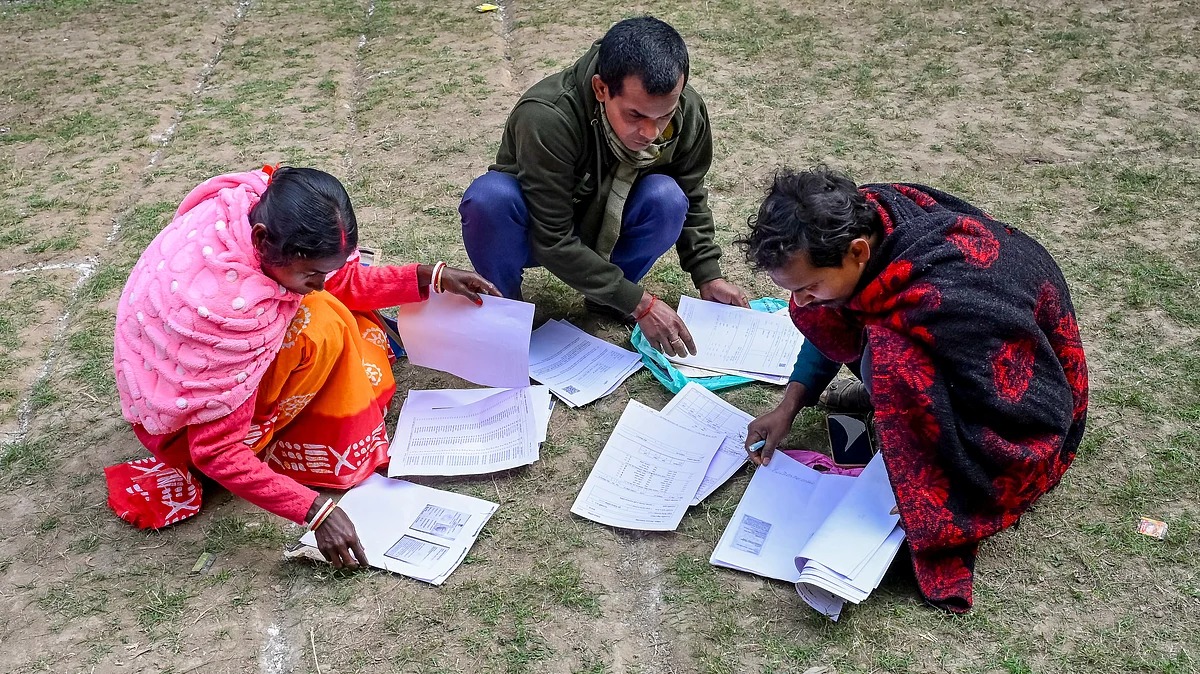As the Bihar Assembly Elections 2025 come to a close, we can look back at some of the new tricks that the Bharatiya Janata Party (BJP)-led National Democratic Alliance (NDA) and the Rashtriya Janata Dal (RJD)-led Mahagathbandhan pulled out from their sleeves to retain and attain power, respectively.
Bihar and Jharkhand (which was earlier part of Bihar) are the only states in the Hindi belt where the BJP has never won a majority on its own. In Bihar, it has had to be satisfied with playing second fiddle to Nitish Kumar’s Janata Dal United, or JDU, for more than 20 years. For the Muslim minority in Bihar, this arrangement has acted like a dam against the politics of the BJP that has thrived, especially in the Hindi belt, on demonizing the community. Since the BJP came to power at the centre in 2014, it has become more aggressive in its targeting of the Muslim community in this region and consequently, the insecurity of the Muslim community has grown. Nitish Kumar has largely managed to keep this Hindutva aggression out of Bihar. Nitish Kumar’s leadership style and policy decisions have made Muslims trust him despite his alliance with the BJP. He has consistently received support from some members of the community in previous elections.
Muslim candidates
It’s interesting to note that the biggest national party, the BJP, did not field a single Muslim candidate in the Bihar assembly election. By offering tickets only to members of Hindu upper castes, Backward Castes (BCs) the Extremely Backward Castes (EBCs), the party has attempted to reinforce its Hindu vote bank.
While the BJP has looked to consolidate Hindu votes, the All India Majlis-e-Ittehadul Muslimeen (AIMIM), led by Asaduddin Owaisi, made a concerted attempt to fortify Muslim votes. The party fielded 25 candidates in these elections, concentrating on the Muslim votes of the Seemanchal region. The 2020 elections returned 5 seats for the party, four of whom went on to join the RJD shortly after. In these elections, while the Congress fielded 10 Muslim candidates, RJD fielded 18, keeping in mind the Muslim-Yadav equation.
Nitish Kumar’s Janata Dal United (JDU) gave tickets to four Muslim candidates, while one candidate was fielded by the Lok Janshakti Party (Ram Vilas), led by Union minister Chirag Paswan. The JDU had fielded 11 Muslim candidates in 2020. This time around, the party, which claims that 20 per cent of Bihar’s Muslim population supports it, has Muslim candidates only in Araria, Jokihat, Amour, and Chainpur.
Muslims make up only 7.81 per cent of the present assembly despite being over 17 per cent of the state’s population. EBCs, which also includes the Pasmanda Muslim castes and are 36 per cent of the population, constitute only 6.17 per cent of the assembly. On the other hand, Hindu upper castes, who are 10.6 per cent of the population, have a 26.3 per cent representation in the assembly. OBCs, who are 27 per cent of the population, comprise approximately 42 per cent of the state assembly. Of these, Yadavs constitute approximately 21 per cent, Vaishyas 10 per cent, Kushwahas 7 per cent, and Kurmis 4 per cent. Dalits constitute more than 19 per cent of the state’s population, but their share in the Assembly is 16 percent.
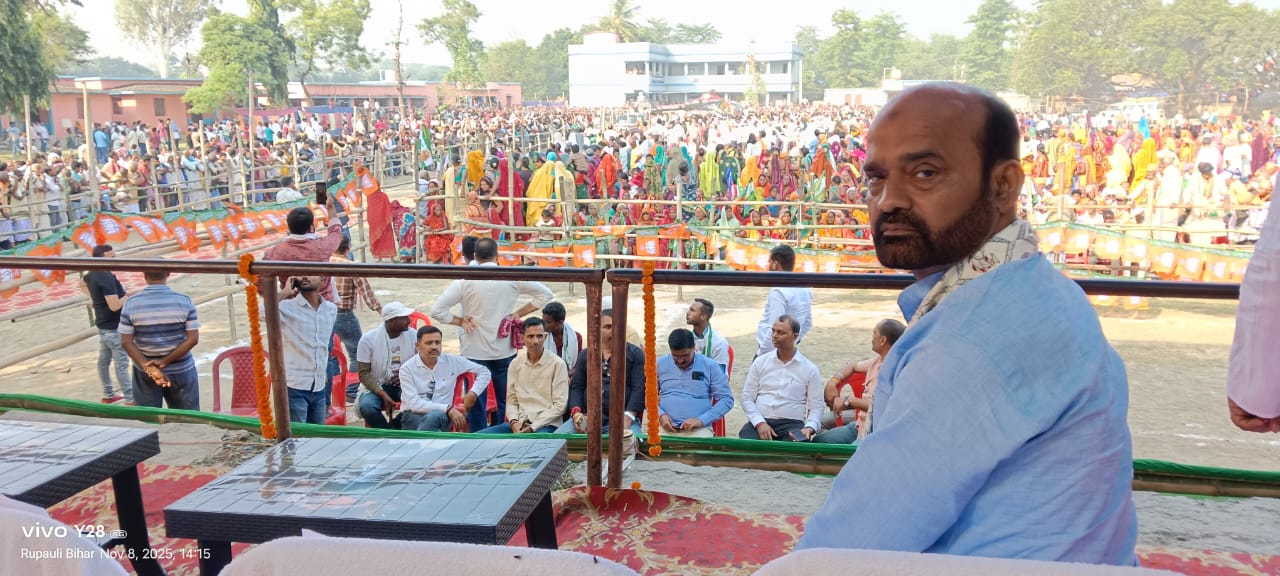
Pasmanda Muslims: BJP’s ideological polity
In the 2024 Lok Sabha elections, Prime Minister Narendra Modi urged BJP workers to reach out to Pasmanda Muslims in all seriousness since they are a majority among the Muslim community. Muslims in India can be divided into three categories depending on their social status. At the top are who are known as the Ashraf, who are either the upper-caste converts to Islam or the descendents of Muslim rulers who had come as invaders from outside. Next come the Ajlaf, supposed to be backward-caste converts and finally the Arzal, most-backward-caste or Untouchable converts. Of these, the Ajlaf and Arzal have come to be known as Pasmanda (‘those who are left behind’ in Farsi), who are thought to constitute 85 per cent of the Muslim population in India.
What could an aggressively pro-Hindu party have in mind apart from electoral urgency while offering to better the lot of Pasmanda Muslims? The BJP is being compelled for the first time to “appease” Muslims, whom they hated historically. Ironically, “appeasement” has been a term the BJP has frequently used to disparage its “secular” political rivals. In fact, RSS has historically considered Muslims, alongside Christians and Communists, as key strategic enemies of Hindu India.
Interestingly, a few months before the announcement of poll dates, BJP Bihar state president Dilip Jaiswal stated that his party would guarantee Pasmanda Muslim involvement in state politics. However, when it came to giving representation to the Pasmanda, the party backed out. Let alone a Pasmanda, the BJP did not field a single Muslim candidate, although its allies JDU and LJP(R) did. The RSS and BJP have not walked the talk.
This should not come as a surprise because none other than M.S. Golwalkar, who was the RSS’s second chief and its most esteemed ideologue, labelled Muslims, along with Christians and Communists, the enemy. The present chief Mohan Bhagwat has stated that centuries of subjugation by Muslims rulers and the British must be taken into consideration while analyzing Hindu rage. This appears to be an attempt to justify violence against Muslims by its affiliated organizations and ideological partners, as well as the State’s violence against Muslims through its administrative and enforcement wings.
The cries for genocide against Muslims, the lynching of Muslim men by cow vigilantes, and the boycott of Muslim traders, merchants and retailers demonstrate how the right-wing ecosystem is methodically attempting to deprive Muslims of their legitimate position in India and turn them into second-class citizens.
So what can we infer from Modi’s softening his stand on Pasmanda Muslims? The fact that the majority of the casualties of the Gujarat riots in 2002 were Pasmanda is another reason why the prime minister’s gestures seem hollow. He has yet to express remorse for what transpired in Gujarat in 2002. The Sangh Parivar continues to brag about the riots as an instance of Muslims being taught the lesson they more than deserve. Finally, the BJP does not seem keen on granting Dalit Muslims (Arjal) Scheduled Caste status.
Muslims in the NDA’s election campaigns
Throughout the Bihar election campaigns, the BJP highlighted the construction of the Ram temple and the repeal of Article 370, which stripped the Muslim-majority state of Jammu and Kashmir of its unique status, as its major accomplishments. Union Home Minister Amit Shah listed the building of the Ram temple and the removal of Kashmir’s special status as the party’s major accomplishments at an electoral rally in Darbhanga last month. “For 550 years, Ram Lalla lived in a tent,” he remarked, citing Prime Minister Modi’s leadership as the reason the temple could be built.
Prior to the elections, Chief Minister Nitish Kumar had frequently emphasized his efforts to improve the lot of Muslims. He claimed, referring to the investigation into the 1989 Bhagalpur riots, that following the JDU first forming the state government in November 2005, a “thorough investigation was conducted, action was taken against the guilty, and compensation was provided to the riot victims”. According to Nitish, the state government began providing financial help of Rs 10,000 per month in 2007 to sustain Muslim women who had been abandoned by their spouses. This amount was then enhanced to Rs 25,000 per month.
Interestingly, Nitish Kumar continued to seek Muslim votes in the election despite being a BJP partner and facilitator. But in the distribution of tickets, JDU took political observers by surprise. It was anticipated that the party would provide the Muslim community a sizeable number of seats, even though Nitish Kumar’s alliance with the saffron party has caused the Muslim support for him to decline.
Muslim voters have openly questioned Nitish Kumar’s support for the BJP’s Hindutva agenda, which includes the Triple Talaq law and the CAA. His silence about Prime Minister Narendra Modi and Home Minister Amit Shah’s “infiltrators” jab at Muslims in Seemanchal, provoked strong criticism. Both JDU and LJP(R) have been getting flak from the Muslims for their support in passing the Waqf Amendment Bill in Parliament in April this year.
During the election campaigns, NDA’s Muslim candidates faced a tough challenge. People in Seemanchal have complained about false deletions and disenfranchisement. They claim that because the BJP didn’t expect Muslims to vote for the party, the Special Intensive Revision (SIR) process was prejudiced against them. They cited mistakes in the updated electoral roll, including the removal of names without adequate verification, the removal of migrant workers’ names who have temporarily relocated for employment and so on.
Muslim in Bihar
Bihar’s over 2 crore Muslims make up nearly 17.7 per cent of the state’s population and have historically supported the RJD, Congress and Left parties. Nearly 73 per cent of Muslims in the community are classified as Pasmanda, and in at least 30 of the 243 Assembly constituencies, their vote share is thought to be crucial. In the four districts of Kishanganj, Katihar, Araria, and Purnea, Muslims make up between 40 and 60 percent of the population. They constitute a sizeable group in the Seemanchal region.
Seemanchal, in the eastern part of Bihar, has the largest proportion of Muslims. According to the 2011 census, 47 per cent of Seemanchal’s population is Muslim, compared to 17.7 per cent in the whole of Bihar. Kishanganj has the largest proportion of Muslims at 67.98 percent among the districts. Similarly, the Muslim population in Purnea district is 38.46 per cent, 42.95 per cent in Araria, and 44.47 percent in Katihar.
BJP’s newfound “love” for the Pasmanda in Bihar could be aimed at creating a new set of labharthis (beneficiaries of government schemes). Similar to the treatment Muslims of Uttar Pradesh have received from the Yogi Adityanath-led BJP government there, the party believes that Bihar’s Pasmanda should entirely rely on government generosity to survive. Beyond the attempted disenfranchisement through SIR, they will be more vulnerable to vigilantism of right-wing hooligans encouraged by the government, in the form of “love jihad” and “gauraksha”.
In reality, the goal of the boycott of Muslim labourers, businesspeople, and retailers is to deprive them of their means of subsistence and force them to rely on government assistance. The BJP needs to go far beyond the labharthi outreach for the Pasmanda to begin trusting the party.
It must be understood that the RSS holds the reins of the BJP while the latter holds the reins of the NDA. Such strangleholds not only affect electoral polity but also policymaking. The RSS’s argument may be that its mission is no more to counter Muslims or Christians but to restore the old glory to Bharat, to make Bharat the world’s topmost (sirmor in RSS terminology) nation “once again”. But unless there is proof on the ground of a change in heart, will the Pasmanda buy into such rhetoric?
Forward Press also publishes books on Bahujan issues. Forward Press Books sheds light on the widespread problems as well as the finer aspects of Bahujan (Dalit, OBC, Adivasi, Nomadic, Pasmanda) society, culture, literature and politics. Contact us for a list of FP Books’ titles and to order. Mobile: +917827427311, Email: info@forwardmagazine.in

